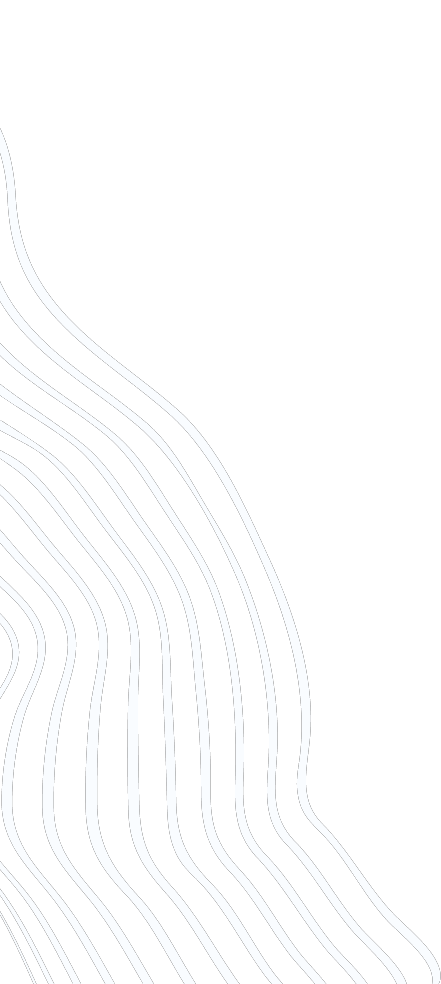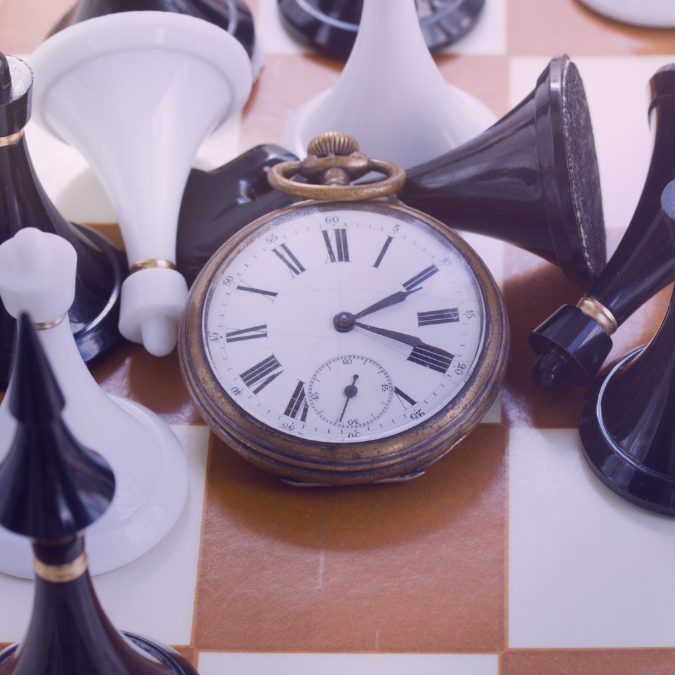

How Elite Performers Harness Sleep for an Unbeatable Advantage

Think for a moment about the list of things you prioritize most in your life. Is sleep on that list? If not, it's time to rethink.
The Foundation For Peak Performance
Sleep is the most powerful performance-enhancing activity. You wouldn't run a Ferrari on fumes, right? So why do it to yourself? You may be able to push through for a while, but eventually, you will break down. Lack of sleep is like hitting the brakes on your potential.
No sleep? No game.
By prioritizing sleep and understanding its importance, you can ensure that your mind & body operates at its peak performance, allowing you to excel in all areas of your life. Get that solid 7-9 hours, and watch how you go from zero to hero, fast.
Quality sleep is like a pair of noise-canceling headphones in that bustling marketplace. It clears the clutter, sharpens your focus, and allows you to think clearly.
By giving your brain the chance to rest and recharge during sleep, you're equipping yourself with the mental sharpness needed to navigate through life's complexities.
Lack of sleep impairs cognitive function, making it difficult to concentrate, remember information, and make sound decisions.
Your physical wellness, mental health, emotional stability, and overall sense of well-being all revolve around this neurochemical dance of sleep and wakefulness.
Simply put, sleep is not just part of life — it is a life force, integral and indispensable.
During sleep, the brain reorders neural connections, which is crucial for learning and memory consolidation. Slow wave sleep, in particular, is involved in motor learning and the acquisition of fine detailed information.
There's no tool or supplement that can compensate for chronic sleep deprivation. So, optimizing your sleep is essential for maintaining cognitive health.

1. Sync your Schedule with the Sun
Your circadian rhythm is your body’s internal clock, which is intended to sync with the natural rhythms of the sun and tells your body when to produce key hormones and neurochemicals.
Studies show that sticking to a consistent wake-up and bedtime (yes, even on weekends) can help realign this natural rhythm. Aet a consistent sleep schedule that allows you to get the recommended 7 to 9 hours of sleep each night. For most of us, this means planning to spend 1-2 extra hours in bed, to make up for sleep inefficiencies.
Give your body as many natural cues about where the sun is by getting sunlight exposure first thing in the morning and in the late afternoon to help your body synchronize. Dimming overhead lights in the evening can also minimize interference with these natural rhythms.
2. Practice good sleep hygiene
Good sleep hygiene is like maintaining good oral hygiene; it's a daily practice that keeps you healthy and prevents problems down the road.
Establish a pre-sleep routine that helps signal to your body that it's time to wind down. Avoid screens for at least 30 minutes before bed, as the blue light emitted by these devices can interfere with your body's production of melatonin, the hormone that regulates sleep.
Instead, engage in relaxing activities like reading a book, taking a warm bath, or practicing mindfulness techniques.
Make self-care a priority throughout the day, so that when it's time for bed, you are already in a relaxed and rejuvenated state. By taking care of yourself throughout the day, you are setting the stage for a night of quality sleep and enhanced emotional well-being.
3. Create an optimal sleep environment
Make sure your bedroom is dark and quiet. If external noises are a problem, consider using earplugs or a white noise machine to mask the sounds. Invest in blackout curtains or an eye mask to block out any unwanted light that may intrude on your slumber.
Additionally, decreasing the room temperature can drastically improve sleep, as your brain needs to cool by a few degrees in order for you to fall asleep.
These simple adjustments can work wonders in creating the perfect conditions for deep and restorative sleep. Finally, limit the use of your bed to sleep and sex. The idea is to create a Pavlovian response: bed = Zzz.
4. Tools for Tough Times
Having natural tools you can turn to on restless nights rather than reaching for supplements or over-the-counter remedies that leave you feeling groggy in the morning is key.
Yoga Nidra, which literally translates to "yoga sleep," is a practice that involves a body scan and focusing on the sensation of the body, with the aim of reducing prefrontal cortex activity. It's not so much a focused meditation, but more of a deep relaxation technique.
Similarly, NSDR (non-sleep deep rest) and specific breathwork practices have been shown to replenish levels of certain neuromodulators like dopamine and reduce cortisol, a stress hormone. They also It's also been found to support sleep in patients with chronic insomnia, decrease the time it takes to fall asleep, and improve sleep quality.
5. Stimulants & Supplements
Navigating the world of sleep supplements can feel daunting. While commonly used melatonin can be helpful for short term sleep disruptions such as jetlag, research shows that it does not effectively promote – and may actually reduce - sleep quality, and comes with risks of side effects as it overrides your body’s natural ability to produce this essential hormone.
When rest becomes rare, it can be tempting to try and "make up for it" or take drastic measures to feel energized. That afternoon coffee might feel like the solution, but the truth is it’s probably doing you more harm than good. In fact, for most people, caffeine has been shown to disrupt sleep even when consumed 6-12 hours before bedtime.
However tempting, don't compensate for a bad night of sleep by sleeping in, consuming extra caffeine, or going to bed earlier. These actions can disrupt your sleep schedule and make it harder to fall asleep the next night.
Instead, try natural supplements like the L‑Theanine and Lion’s Mane mushroom in Everyday Dose to support your body’s ability to self produce the required neurochemicals for deep, restorative sleep.
Additionally, many people find magnesium glycinate, GABA, and valerian root helpful, though you should always do your own research and consult your doc before adding any new supplements to your routine.

Wait, Coffee That Helps You Sleep Better?
Yeah, you heard that right... While personal needs differ, studies show that even 6 hours of sleep significantly reduce mental performance and attention for most adults compared to 8 hours.
But... you probably already know how severely sleep deprivation impacts your mood, thinking, and energy. And regular coffee just makes things worse. Which is why we set out to create the healthiest alternative to normal coffee, to feel balanced and clear during the day without missing out on a moment of critical sleep.
Everyday Dose contains efficacious amounts L‑theanine and fruiting body extracts of Lion's Mane and Chaga mushrooms so you can still enjoy coffee, without the compromises.
With 80% less caffeine than your average cup, you can rest easy knowing that your delicious cup of coffee won’t leave you tossing and turning.








